Yachting - it can be inexpensive
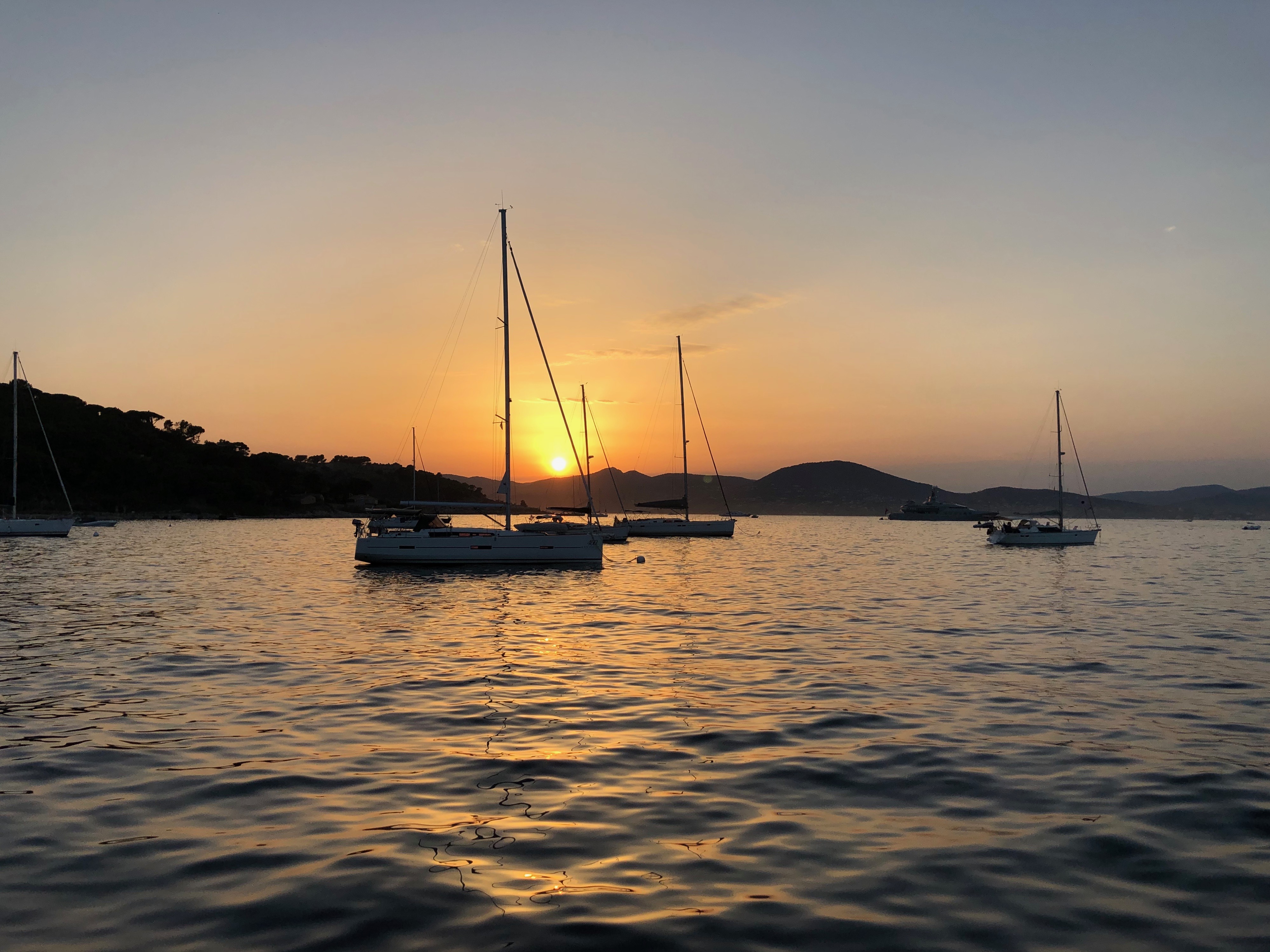
When traveling from four people, if there is a skipper among you, it goes one-on-one in comparison with a regular tourist trip. If there is no skipper, then you need to ride at least in full, so that everything is comparable to a tourist trip.
Because there is no price for hotel accommodation and all journeys by bus, but the cost of renting a yacht is added.
In the twenty-first century, you can coordinate very clearly with boats for rent, and with boats that just go by (and they need volunteers or they are not against paid passengers), and generally with anyone.
If you still want your yacht for a week, then a sailing yacht for six people costs from about 1,500 euros per week (and to infinity, depending on the region, beauty and comfort), and the skipper starts at 150 euros per day.
In general, this is a bit offtopic, but you asked me to tell you about yachts, and now I keep my promise.
Where to begin
First go to yachtbooker.com - this is a great boat rental aggregator. There you can choose directions, see prices and generally understand whether it is worth or not worth it, for example, to go to Malaysia for the New Year.
We also used brokers with regattafortuna.com . This link is one example of how you can quickly organize a trip for many people at once, so as not to choose options and not correspond with a bunch of different people.
After you have roughly calculated the trip, it is worth starting to look at forums and specialized sites in the selected country. Firstly, most likely, it will be possible to find a marina, where boats are handed over directly without intermediaries. Secondly, you are interested in all sorts of locale features that are not available on the global site. Each region has its own nuances.
Then you will need to check the weather (statistical) for the selected period so that you do not accidentally fall into the rainy or calm season. Pay attention to the wind and the excitement. Specific data is still available only in 2-3 days, so you are more interested in what happened last year at the same time and what experienced people say on the forums.
Then just take tickets with a margin of one day at the beginning of the trip (in order to arrive from the airport and take the boat, it is better to spend the night on it at the marina right away), and lay 2-3 more days of the reserve at the end. Because water crossings are not well predicted due to wind changes, and the planned date of return and delivery of the boat may differ from the actual one.
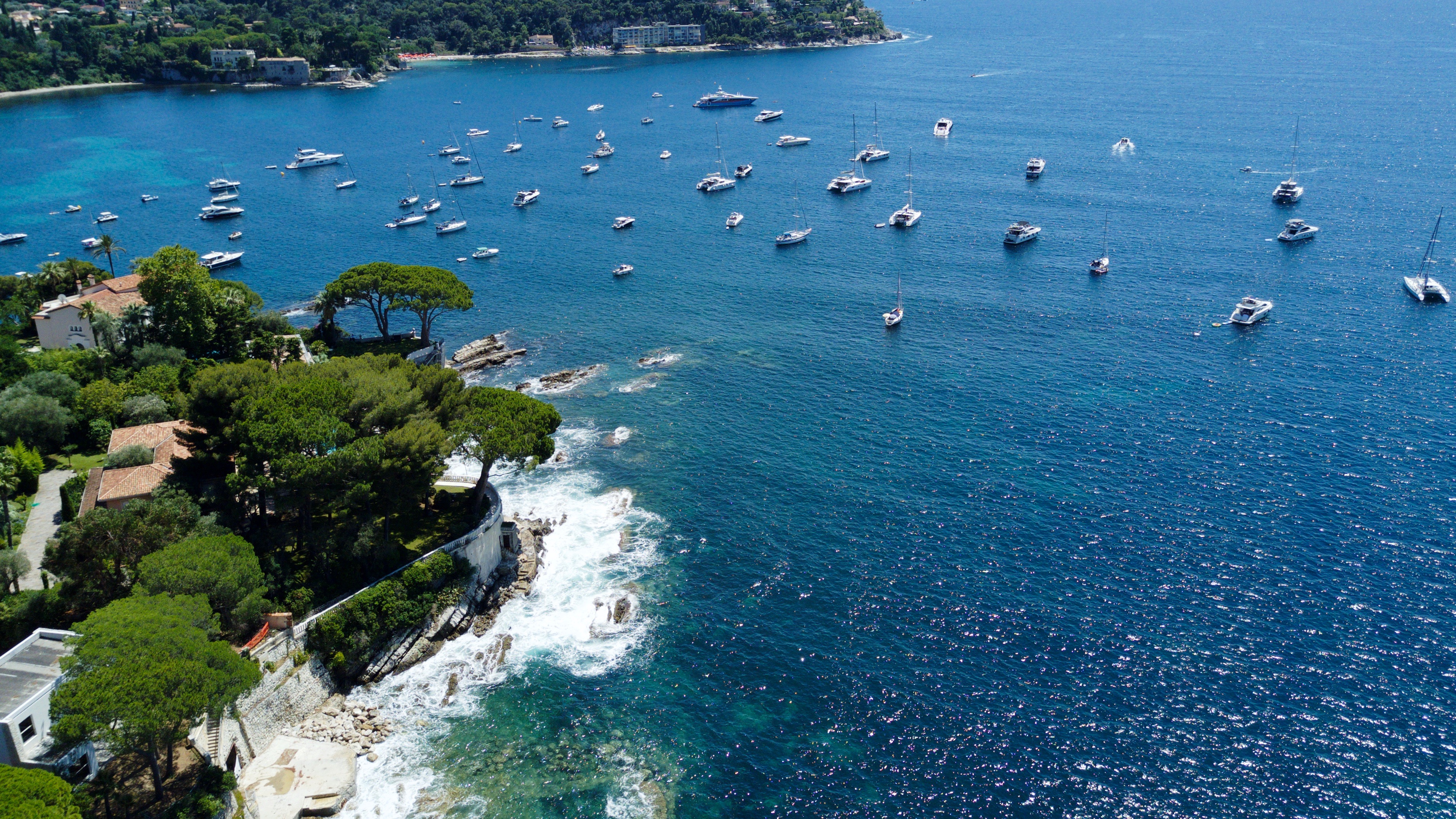
It started like that. A colleague came to me and showed me photographs - well, yes, the charge of life, well, yes, islands, yes, freedom. But this is horror and terribly expensive! We frayed: next year, they say, let's do it again, only drive together.
Comes in a year and says: "Get ready."
Regarding the choice of place and boat
If you are traveling in pairs, then take not a yacht, but a catamaran. Most often, two or three cabins are in a yacht, and they are very common. The catamaran has two hulls, so it shakes less (which is important for you at first), plus there are four isolated cabins: in front and behind each hull. And generally more space. Yes, the catamaran has management features that are best known in advance, but if your skipper is experienced (or you hire him in general), then there should be no problems.
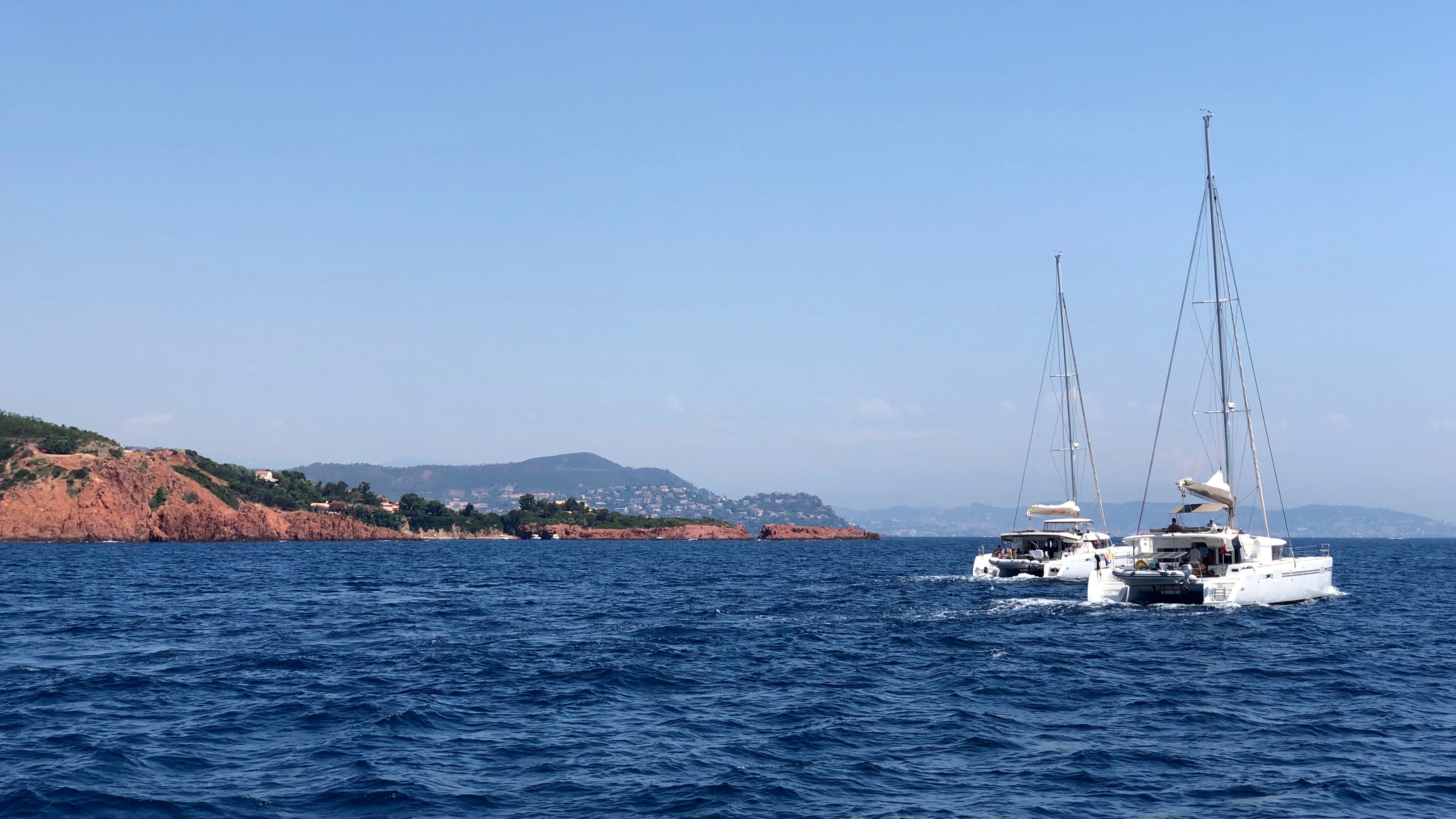
We once rode four catamarans of 32 people when we arranged our own regatta. The captains were mercenaries, and all four were a well-developed team that knows the water area well. One, by the way, was almost a fellow countryman: a Kievite. On freight, we took not local skippers, but a team, bought them air tickets. It turns out more practical and reliable. For the money for such a number of people is quite adequate.
Do not plan for the first time something long, more than a week is definitely not necessary. Because there are people who almost immediately fall in love with this lifestyle, and there are those who want to go home to a cozy warm bed, which stands firmly on a concrete foundation. And it sways only during earthquakes and explosions, that is, almost never.
After a couple of trips with us, about one in six receives skipper documents, it’s not very difficult: you can meet quite a fast training and two weeks of practice. I have not matured yet. I have enough management at work, and a skipper is precisely the profession of a manager, not a specialist. Under the leadership to stand - please, yes, to achieve a result - yes, but I do not want to manage. In general, it’s cool when there is a captain and everything is arranged so that you really have to obey (such rules, at least in terms of TB). And then like this:
- Fender-fender, your mother! Yacht 10 million!
- Ahhhhhh !!!
It’s not necessary to be able to swim, but TB must be observed ironically. In particular, wear a vest. It is bright and light. It is given along with the boat. Modern vests do not constrain movements, because they contain cylinders with compressed air that inflate the vest upon contact with water. You can inspect this in any aircraft, taking it out from under the seat. Just please do this before departure or after boarding so as not to scare passengers.
The most interesting thing in improvised races is maneuvers. This is not just route planning, but the specific work of the team. On the sail you can hang, lie, pull, straighten, turn by hand. This gives a specific effect. At an average speed with an average wind, the catamaran we were sailing 12 knots. There were days when we went to 5 knots all day, there was a day when they didn’t even show the knot, then there were days when it reached 18.
When you choose places, look at two things:
1. Where there is a decent fleet, that is, you can find the right one boat (new).
2. And from this multitude - where there are interesting places. I advise you to give priority to historical places, nature reserves, clusters of islands or the coast, where there is a lot of interesting things.
I do not recommend the Cote d'Azur: this is a demo room for expensive and large boats. Everything is driven by superyachts. You have to moor damn where. Then get from there. There are a couple of places expensive cars paid by the municipalities (they drive in circles around the city to maintain a luxury image of the place).
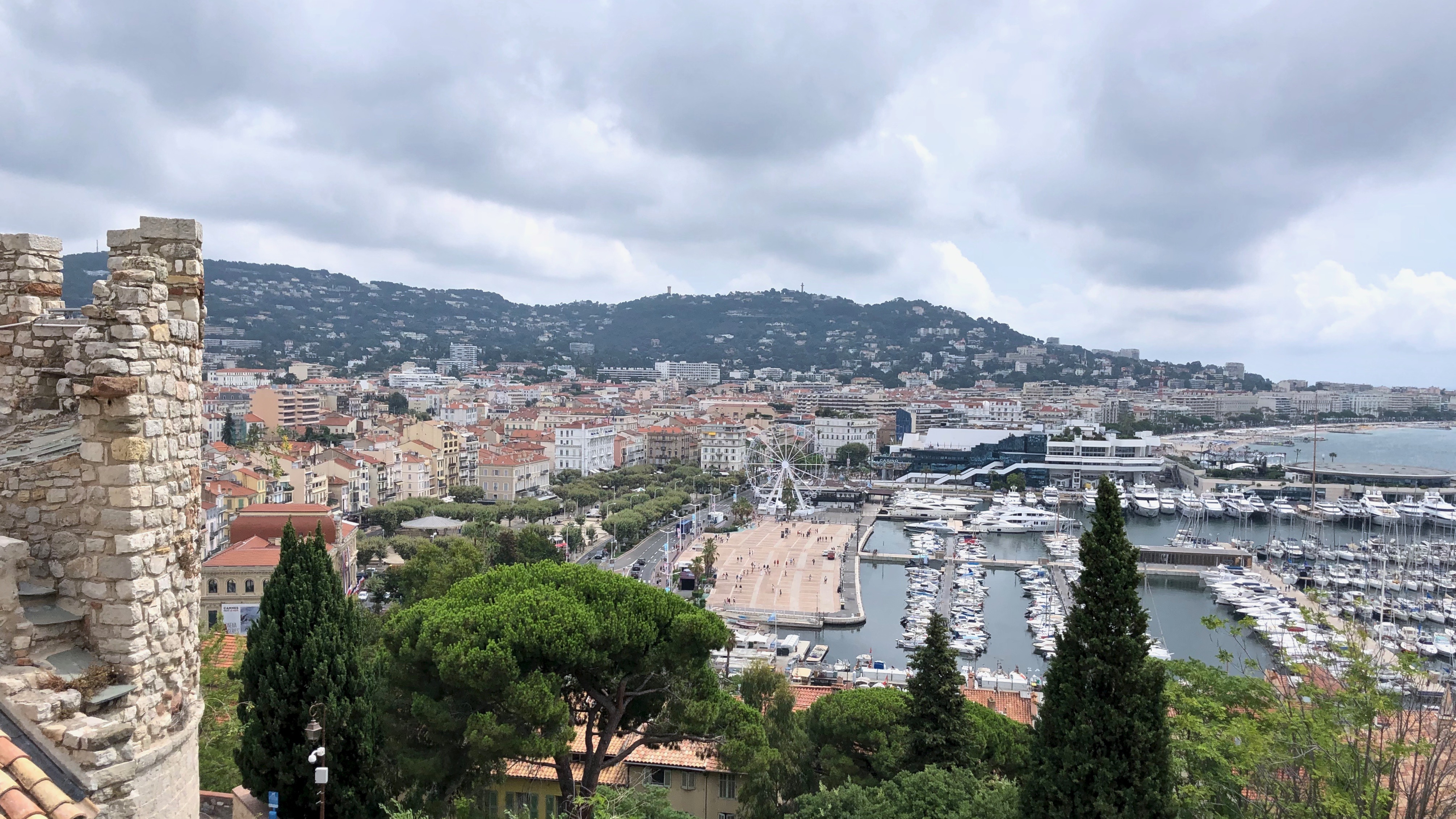
Safety precautions
Usually there is a desire to celebrate the arrival of the boat with alcohol. At least once we had a tragic birthday for a crew member. So, this is not worth doing, because then someone the next day will surely get very sickly. Leave the adventure with alcohol at the end of the trip.
Listen to the skipper. And do exactly as he says. Is always. This is a traumatic sport, and often injuries are not at all where you are waiting. For example, when they say not to go barefoot, that means you don’t have to go barefoot on a boat - that’s the point. But people still really break their fingers. There seems to be nowhere, but they broke it. There are all sorts of small corners. Two regattas - two broken fingers. After the first, usually everyone starts walking in shoes. More shoes protect against falls. A fall is a risk of breaking your neck or flying overboard. And if you fly overboard, there is a chance that someone will follow you on autopilot. You do not need to do this either. Especially if you two are on watch together.
Nobody fell out with us, but we dropped things overboard.
From experience: when you lower the ace (this is the analogue of the mooring shuttle of a large spaceship, a small boat) and quickly start, check if the cork is screwed in to drain the water. And is she even on board? Second - do not smoke in a rubber boat. On a yacht - too: it's quite expensive. Ashes spoil the coating slightly. There is a chance to burn a sofa. All this is covered by insurance, but there is a rather expensive deductible.
Plastic should be used less. The best ladder is a board. Built-in folding ladders are disposable on most boats.
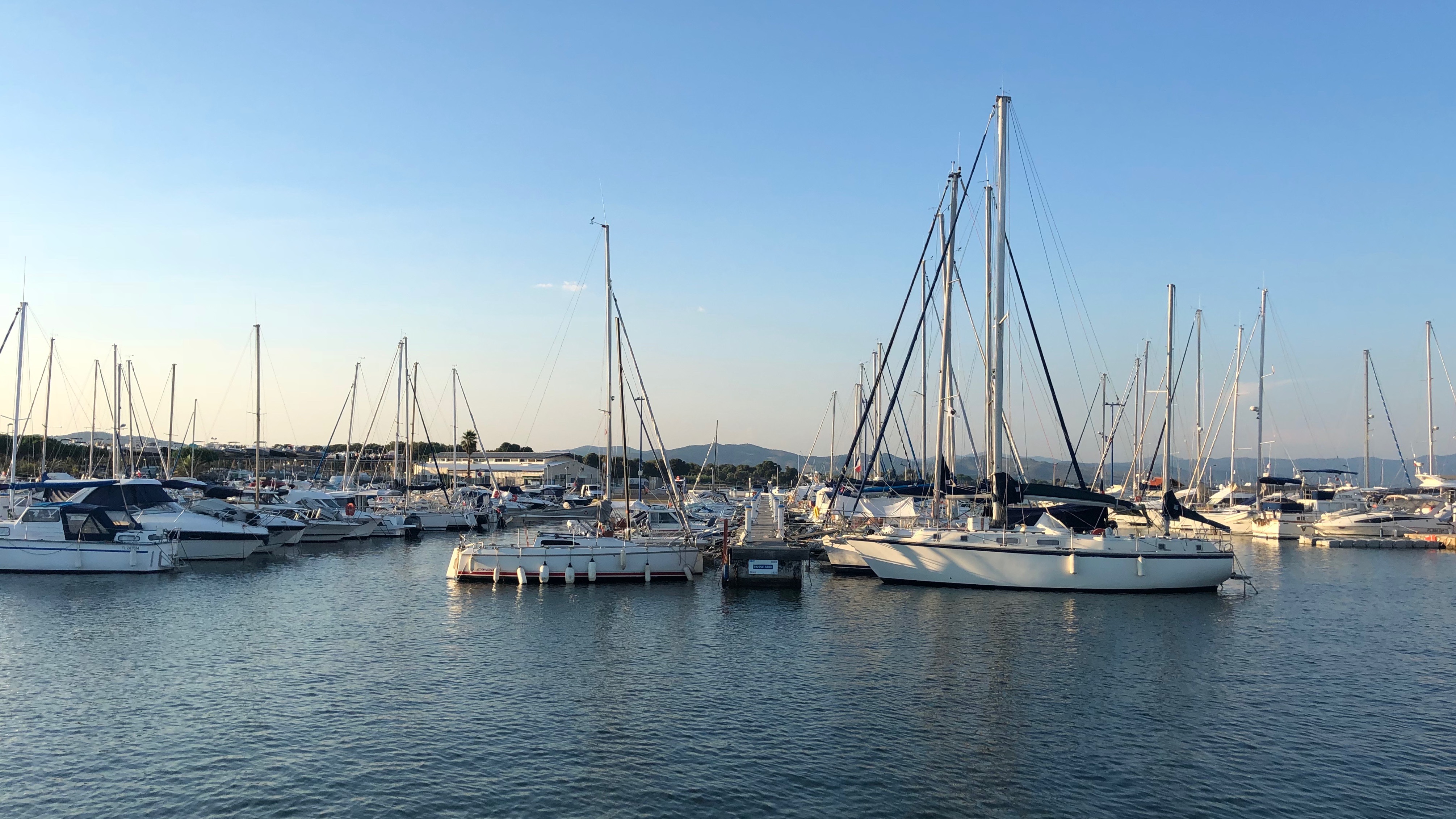
If you are talking about comfort, then try to make sure that there are (in order of priority) on board:
1. An analogue of a meat grinder, only for a latrine: a waste grinder. Otherwise, everything will have to be done manually, which does not add joy to the ladies.
2. Watermaker. A very useful thing not to think about the consumption of fresh water.
3. Miniature washing machine. In travels between frequent marinas, it is not needed, but at the exits along routes where civilization smells faintly, it is useful.
The electric power on the boat is usually USB 5 V constantly (from the battery - 12 V), 220 V - from the generator (if any) or through the converter when the engine is running. On marinas the city network is connected.
Sails can be driven by electric winches or manually. There are combined options. I am for the combo: this is the ability to normally do something with a small team (relevant at night), and emotions from manual control, if necessary.
From experience: do not lean against moving parts of the boat to rest. Do not hang things on fences. Do not jump onto your boat from the pier.
And remember the geek. He is waiting for you to relax and turn away!
What passengers need to know
Instead of suitcases it is better to take soft bags. You do not need to take rescue equipment: they are on the boat. There are also dishes and appliances in the galley. Consumables like napkins and toilet paper are taken on site. Some take an extra knife with them to cut the ropes in a critical situation: it makes some sense, but in practice it turns into problems with customs.
Need yacht shoes (best of all are boaters or non-marking sneakers), in no case should you wear high heel shoes on the yacht.
We need to take: charging for the phone, an adapter from the car cigarette lighter to USB (often the power ports are designed that way), a windbreaker (it is needed even in warm climates, because the wind will be strong), a beautiful yacht sweater and trousers or evening dress: on the boat you can approach many cities, and civilized clothes will be needed there, in particular, to go to restaurants in the dress code. Ladies should also take a solid bathing suit: if you want to ride on a halyard, then remember that ordinary swimwear is almost guaranteed to fly off. This is a nice bonus for the skipper, so he is silent and does his job.

You can take a diving mask, a camera (good, because, for example, it is very difficult to photograph the luminous plankton in Malaysia) and a drone(only always take off from the stern and with the boat stationary). Colored lanterns (in their light it’s fun to fish at night).
From etiquette: a rug on a ladder - be sure to wipe your feet. You can not make noise on the marina: nearby someone is sleeping in his boat, the sound above the water flies very far. You can not go into someone else's boat without the permission of the captain, impolite to look into the hatches and windows from the outside. Garbage is thrown only into the garbage can, but not overboard. Check the radio etiquette, for example, pressing the MOB (alarm) button may cost you a fine for a helicopter crash.
You can work on board if you can use a laptop in the back seat of a taxi. If you are so sick of it, constant rolling, even at anchor and at the pier, will bother you all the time. The Internet is somewhere, somewhere is not. In Asia, they took a local SIM card one on a boat and a modem, everything worked well. In the Seychelles, there is nothing in the open sea, but on the islands, please. In France, roaming of Russian operators was simply connected, everything was perfectly hooked and worked until the end.
A little more about saving in Europe. In Nice, for example, you can eat like this on a boat:

And it is three times cheaper than in a restaurant. There are boats, you can order pizza, seafood. On the boat the telephone is right on board, call and order. He drives up and unloads from ice containers. Then he picks up all the dishes and garbage. Service - as in a restaurant, only one waiter at all. Three Russian yachts devastated the daily supply of one such uncle. We were happy, and uncle was delighted! He said all the Russian words he knew. Then he said that the rest of the day would rest, and not work. He fulfilled a plan - and that’s it.
How does it happen
I want to share the history of the regatta last year. So, we went to France on Friday the 13th. We were all asked if we had bought everything. We dismissed: sail the day after tomorrow, in time. It turned out that the next day the French had Bastille Day, and everything was closed. Country out of service.
We decided to go to another city in the afternoon and buy there. A day later was the final of the World Cup, so in France everyone met the victory of the national team. They were all nearly torn apart by unexpected joy. The French, when they found out that we were from Moscow, were straightforwardly happy and climbed to hug: “It's so cool, we have friends there, thanks for such a championship!”
I remember we were standing at some intersection, and the French shouted with us: “ Russia!"
And the next morning, we still managed to buy everything we needed.
We still had a couple of days left, and we decided to go to some concert or to the theater and took the first tickets we got. It turned out not to be anyhow, but a world tour in Nice Jay Z and Bjons. Super anticipated event. And we just took it and went to the concert. A huge show in a huge stadium. I wildly liked it, although I learned the names of the performers only from the rest of the team. Then I was lucky: since I did not want to listen to the last, I got out 20 minutes before the end. And for those who waited for the concert to finish, then it took three and a half hours to return to the boat.
We also set up a movie theater in a wild parking lot: a projector from one boat was sent to sail another. But if you decide to repeat the same thing, then check the weather. When the wind blows, then watching a movie is very difficult. The unleashing and rescue of the little boats begins. We really wanted to watch the movie, but failed to do so.
Another case: in the Seychelles, we almost lost the anchor. On one of the parking lots, an anchor hooked on the buoy fasteners below. They moored from there, tried to uproot their anchor for four hours. Local freedivers with flashlights at night set us free for $ 250. Just dived and unhooked the anchor. Later, we learned from the locals that some anchors are not accidentally caught. Divers drag them at the bottom at night, and drag them back during the day for money.
You don’t have to fish the moon yet. Moonfish is a round flat fool. In the water it is gray-blue or yellow with stripes or circles, and when you take it out - like a saucer. This fish is very easily caught on various objects, but it is impossible to eat. It feels like it consists of bone.
How does this affect our work?
I can’t say that we are still interested in yacht exits from the point of view of our portal Tutu.ru. Too few people are addicted to this. Maybe someday we'll get there, but for now this is just a good way to relax for many of us and ponder. Oddly enough, but many technical solutions are born not at the computer, but when you look at the horizon. For some reason.
